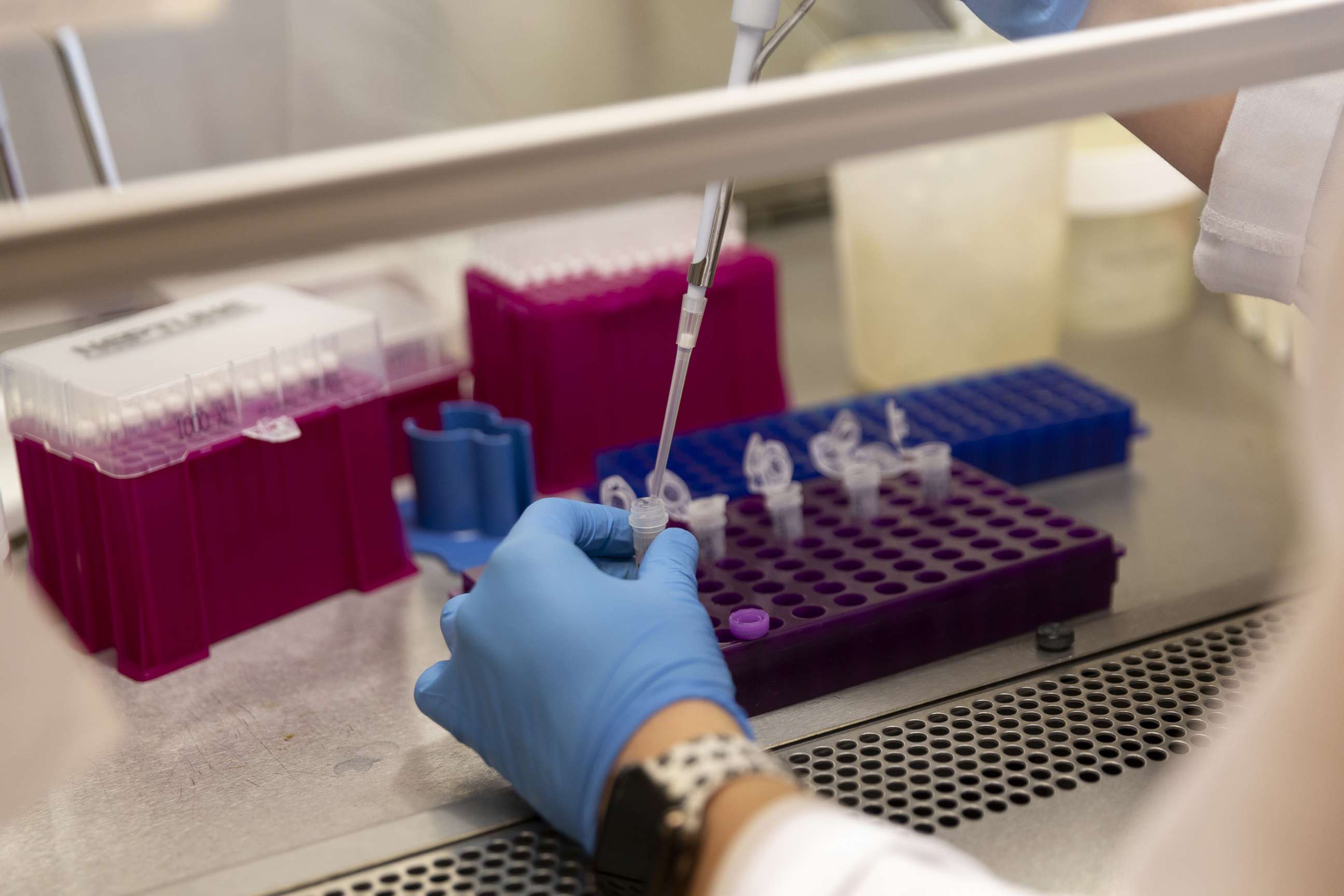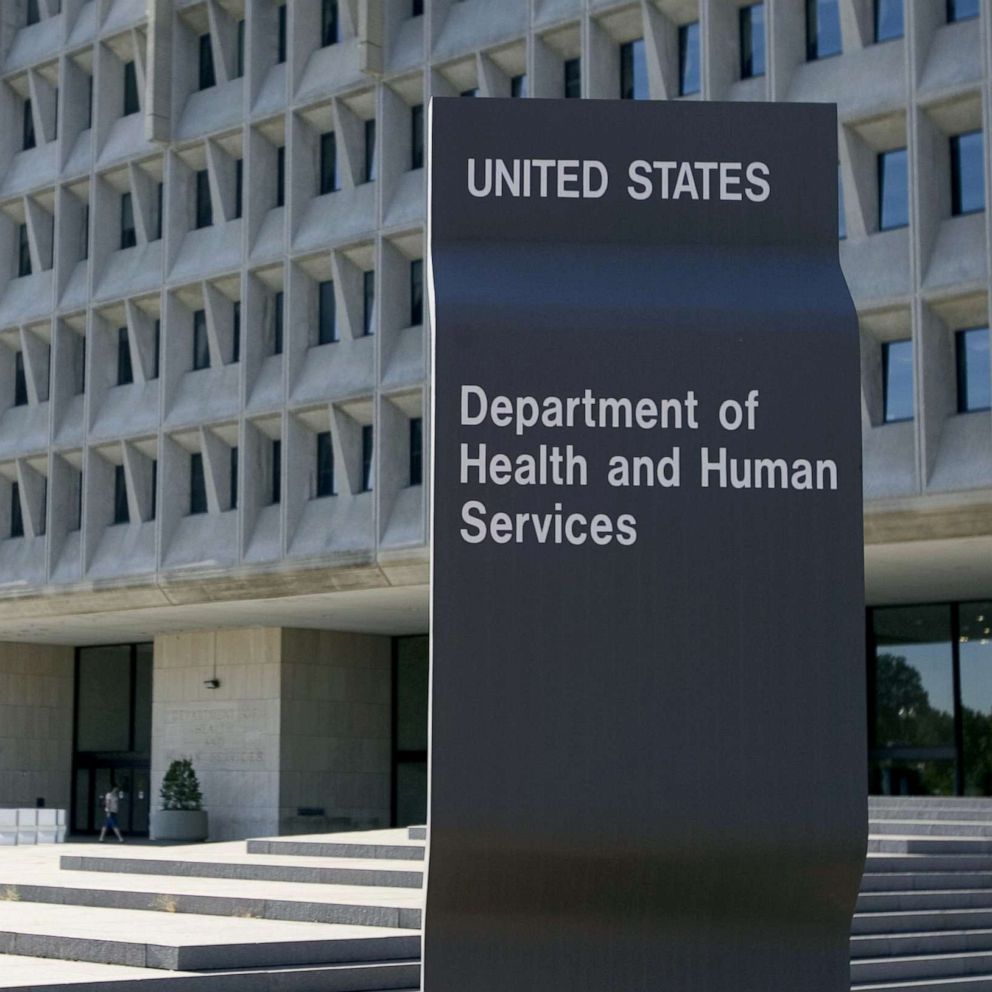National COVID-19 wastewater levels signal viral uptick ahead of fall
Although reported COVID-19 case levels in the U.S. are still falling after a viral resurgence over the summer, there are preliminary indicators that infection rates may be back on the rise across the country.
In recent weeks, federal data has shown that the number of U.S. wastewater sites reporting increases in the presence of COVID-19 in their samples appears to be back on the rise, following declines seen throughout the latter part of the summer.
In the U.S., about 50% of wastewater sites, which are currently providing data to the Centers For Disease Control and Prevention, have reported an increase in the presence of the COVID-19 virus in their wastewater over the last 15 days, up from the 40% of sites reporting increases last month.
From coast to coast, every area of the country has seen a rise, according to a regional breakdown from Biobot, a wastewater monitoring company based in Cambridge, Massachusetts.

The Northeast, in particular, appears to be seeing higher growth levels, reporting the highest wastewater levels of any region, Biobot data shows.
"Increase in virus concentration found in wastewater has [predictably] been a key indicator of a forthcoming COVID surge. In fact, given the challenges in case estimation and the decline in testing, wastewater surveillance may be one the last remaining high-quality datasets public health can rely on," said epidemiologist Dr. John Brownstein, chief innovation officer at Boston Children's Hospital and an ABC News contributor, who is also a member on the board of advisers for Biobot.
In Boston, wastewater levels had plateaued after a spring and summer surge, but in recent weeks, data indicates that COVID-19 sampling levels have increased again to their highest level in two months.

However, on a national level, federal data is notably unavailable for many areas of the country, particularly across much of the South and the West.
Since last spring, many states have moved to shutter public testing sites, with more at-home COVID-19 tests now available.
COVID-19 testing levels have also plummeted to their lowest point since the onset of the pandemic, with approximately 350,000 tests reported each day, compared to more than 2.5 million tests reported daily at the nation's peak in January.
Most Americans are not reporting their results to officials, and thus, experts suggest that infection totals are likely significantly undercounted.
With official COVID-19 case data becoming less reliable, many scientists have been turning to wastewater data to monitor the state of the pandemic.
"While there are important caveats in how these data are collected and integrated, we should still take this signal as a warning that we are not out of the pandemic," Brownstein said.
With fall around the corner, health experts have reignited their calls for all Americans to get vaccinated.
"We're calling on all Americans: Roll up your sleeve to get your COVID-19 vaccine shot," White House COVID-19 Coordinator Dr. Ashish Jha said during a press briefing last week. "If you're 12 and above and previously vaccinated, it's time to go get an updated COVID-19 shot."
To date, less than half of the fully vaccinated population has received their first COVID-19 booster.




